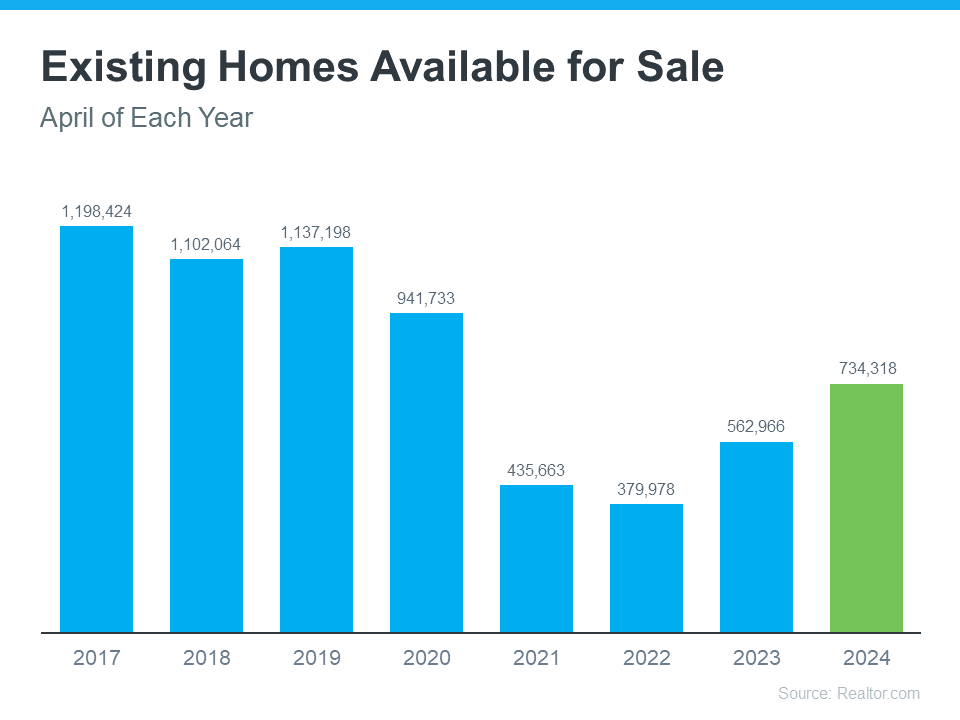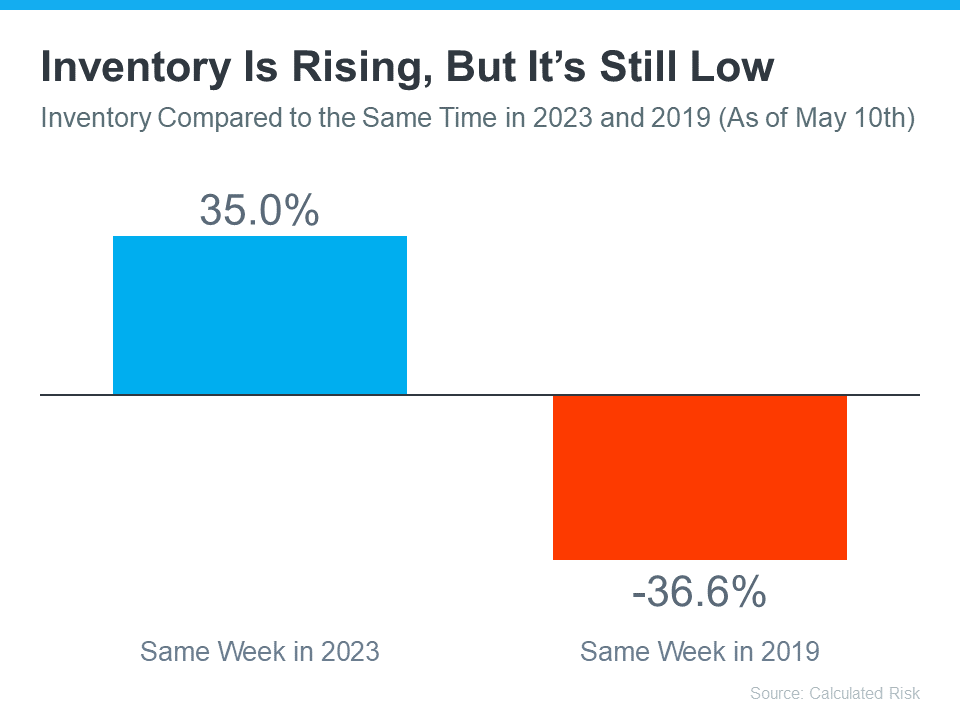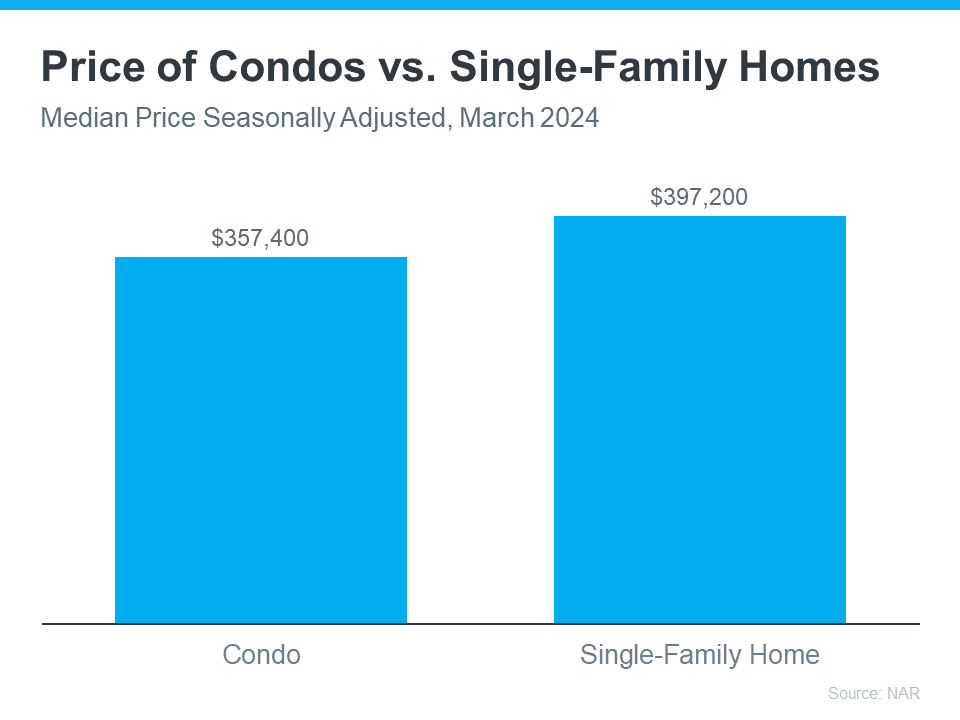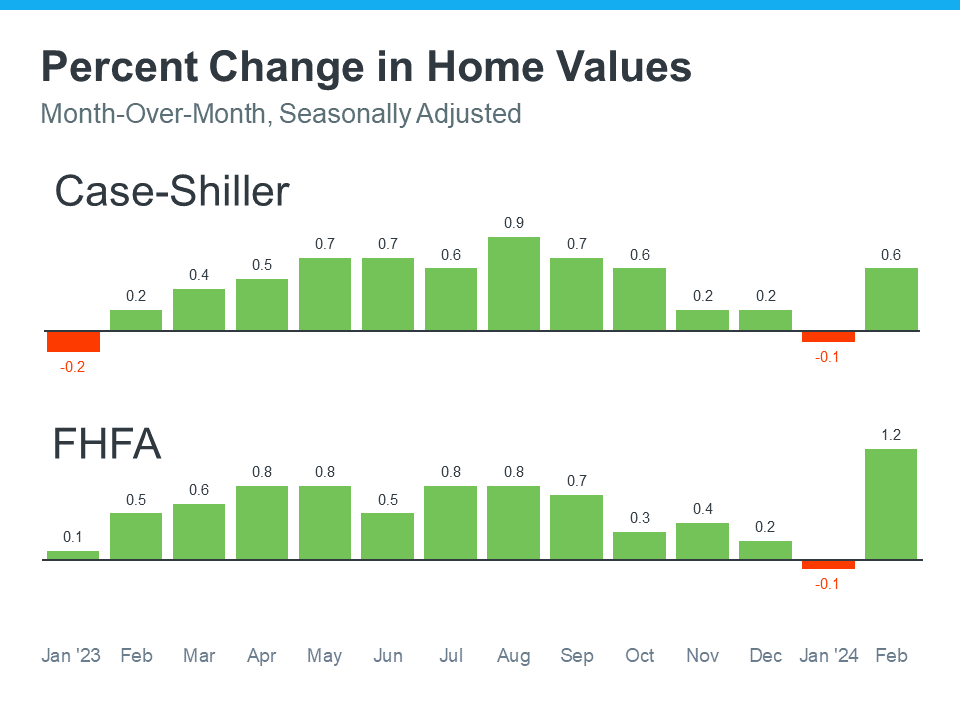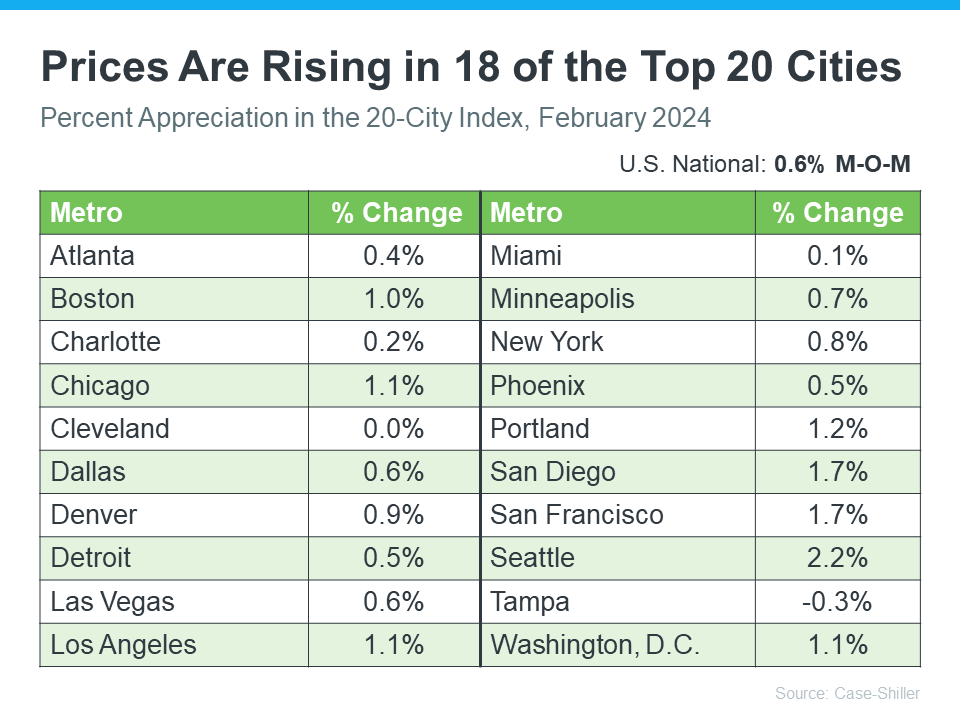
There’s no denying mortgage rates are having a big impact on today’s housing market. And that may leave you with some questions about whether it still makes sense to sell your house and make a move.
Here are three of the top questions you may be asking – and the data that helps answer them.
1. Should I Wait To Sell?
If you’re thinking about waiting to sell until after mortgage rates come down, here’s what you need to know. So are a ton of other people.
And while mortgage rates are still forecasted to come down later this year, if you wait for that to happen, you may be dealing with a lot more competition as other buyers and sellers jump back in too. As Bright MLS says:
“Even a modest drop in rates will bring both more buyers and more sellers into the market.”
That means if you wait it out, you’ll have to deal with things like prices rising faster and more multiple-offer scenarios when you buy your next home.
2. Are Buyers Still Out There?
But that doesn’t mean no one is moving right now. While some people are holding off, there are still plenty of buyers active today. And here’s the data to prove it.
The ShowingTime Showing Index is a measure of how frequently buyers are touring homes. The graph below uses that index to show buyer activity for March (the latest data available) over the past seven years: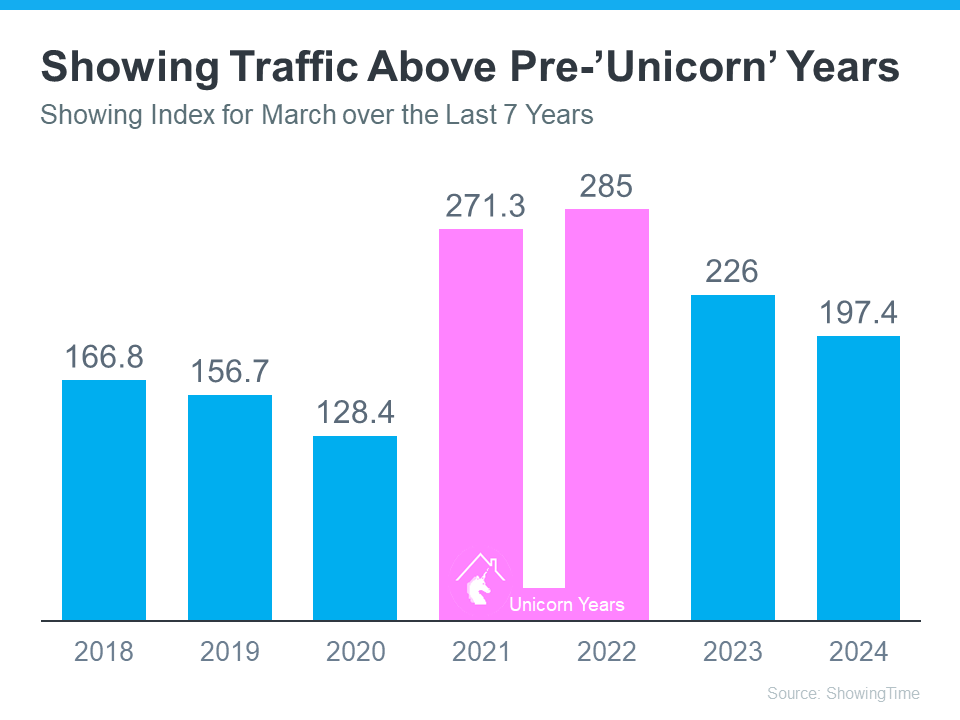
You can see demand has dipped some since the ‘unicorn’ years (shown in pink). That’s in response to a lot of market factors, like higher mortgage rates, rising prices, and limited inventory. But, to really understand today’s demand, you have to compare where we are now with the last normal years in the market (2018-2019) – not the abnormal ‘unicorn’ years.
When you focus on just the blue bars, you can get an idea of how 2024 stacks up. And that gives you a whole new perspective.
Nationally, demand is still high compared to the last normal years in the housing market (2018-2019). And that means there’s still a market for your house to sell.
3. Can I Afford To Buy My Next Home?
And if you’re worried about how you’ll afford your next move with today’s rates and prices, consider this: you probably have more equity in your current home than you realize.
Homeowners have gained record amounts of equity over the past few years. And that equity can make a big difference when you buy your next home. You may even have enough to be an all-cash buyer and avoid taking out a mortgage altogether. As Jessica Lautz, Deputy Chief Economist at the National Association of Realtors (NAR), says:
“ . . . those who have earned housing equity through home price appreciation are the current winners in today’s housing market. One-third of recent home buyers did not finance their home purchase last month—the highest share in a decade. For these buyers, interest rates may be less influential in their purchase decisions.”
Bottom Line
If you’ve had these three questions on your mind and they’ve been holding you back from selling, hopefully, it helps to have this information now. A recent survey from Realtor.com found more than 85% of potential sellers have been considering selling for over a year. That means there are a number of sellers like you who are on the fence.
But that same survey also talked to sellers who recently decided to take the plunge and list. And 79% of those recent sellers wish they’d sold sooner.
If you want to talk more about any of these questions or need more information, contact a real estate agent.
![Your Agent Is the Key To Pricing Your House Right [INFOGRAPHIC] Simplifying The Market](https://files.keepingcurrentmatters.com/KeepingCurrentMatters/content/images/20240521/20240524-Your-Agent-Is-the-Key-To-Pricing-Your-House-Right-KCM-Share.png)




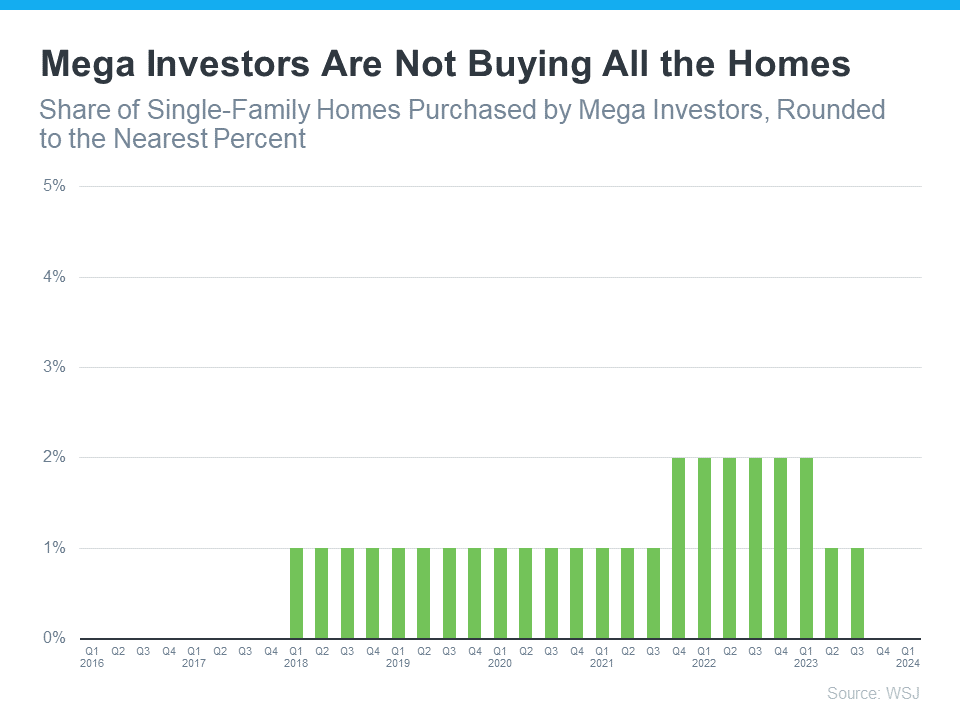


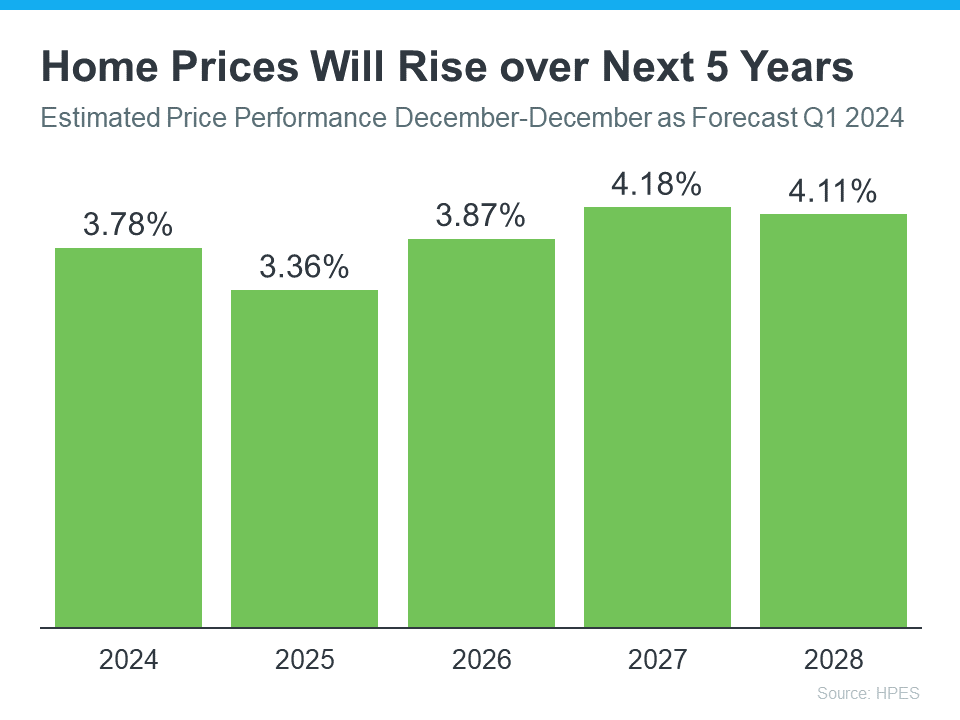
![Should I Rent or Buy a Home? [INFOGRAPHIC] Simplifying The Market](https://files.keepingcurrentmatters.com/KeepingCurrentMatters/content/images/20240513/Should-I-Rent-or-Buy-a-Home-KCM-Share.png)


